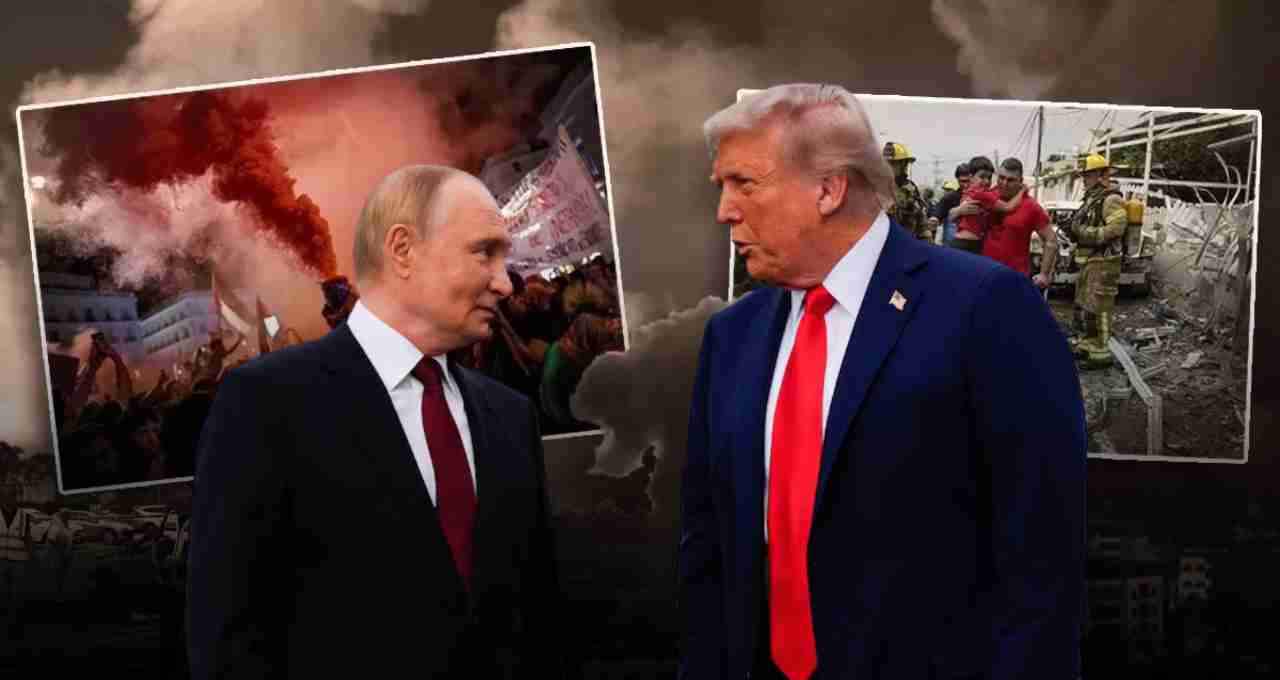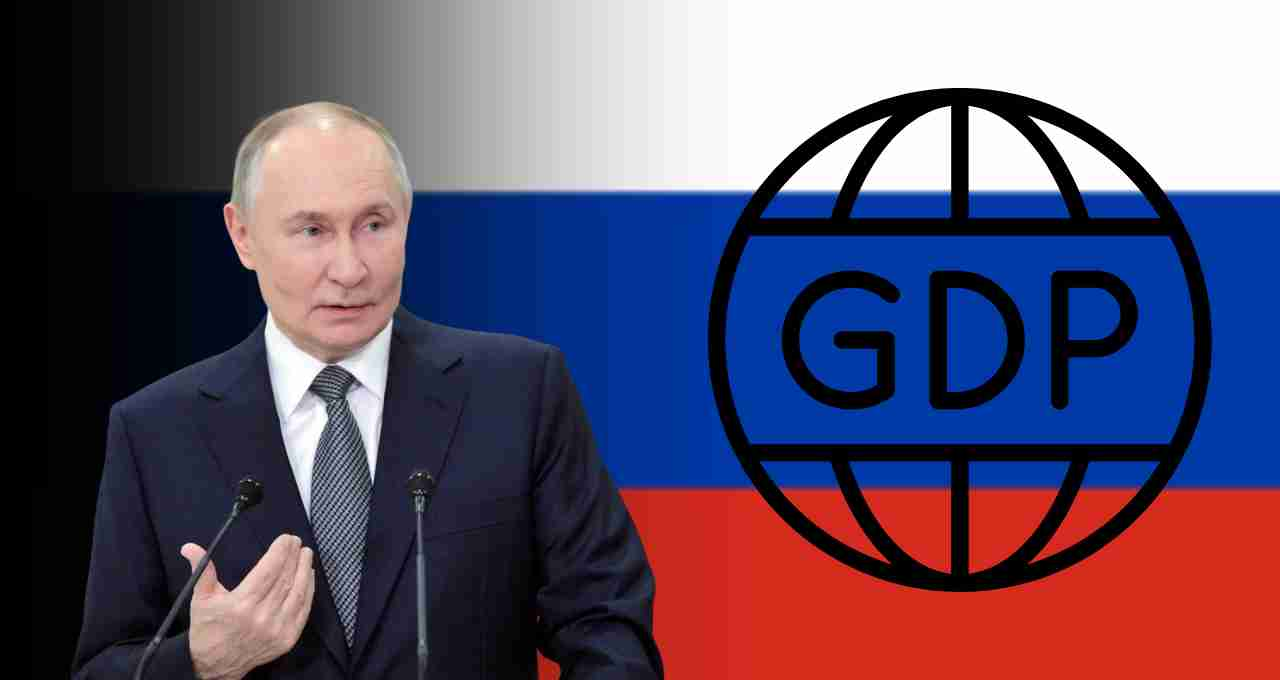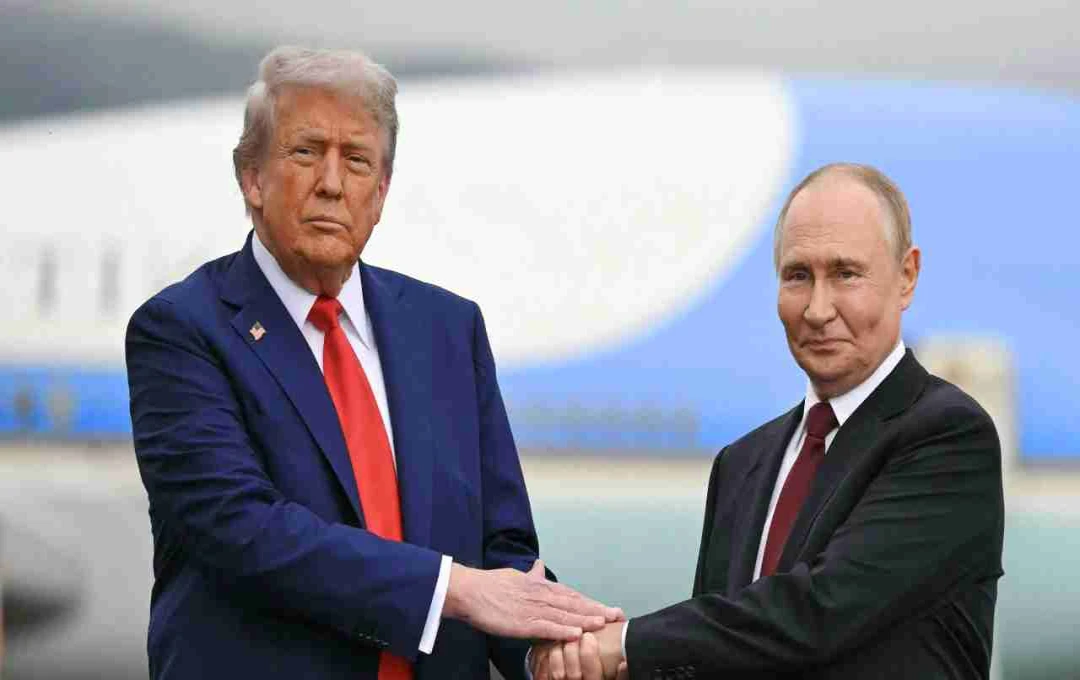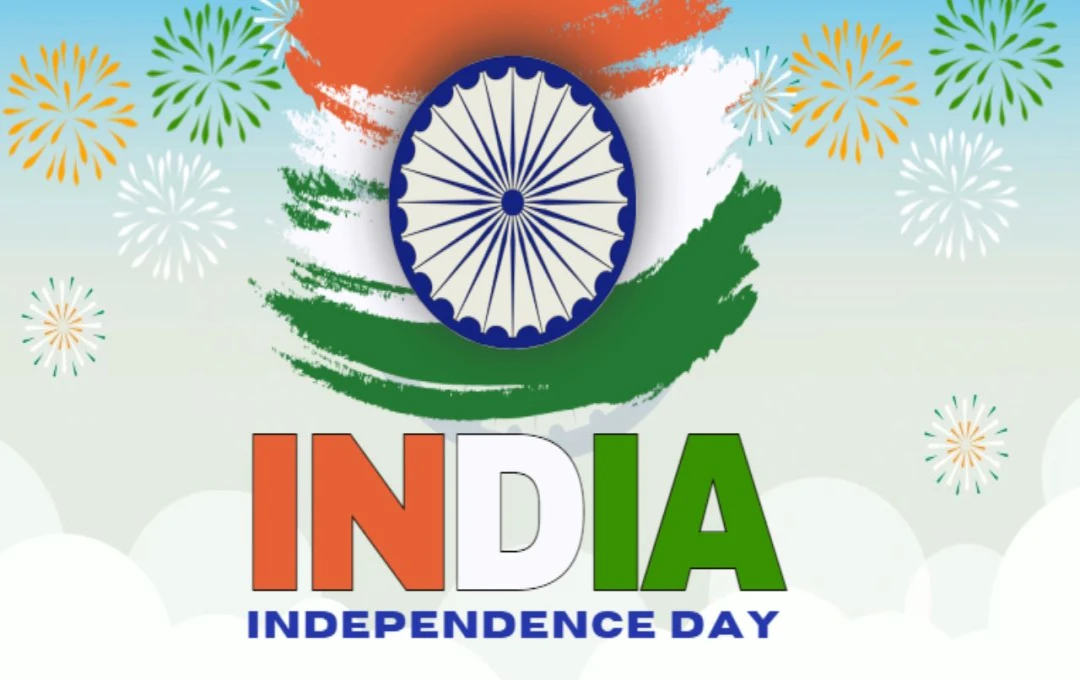A face-to-face meeting between Trump and Putin in Alaska could prove crucial for a ceasefire in Ukraine, European security, Russia's economy, and global politics. The meeting is poised to have a significant impact on five major issues: ceasefire terms, Ukraine's borders, European security, Russia's economic challenges, and the global supply chain.
Trump and Putin Meeting: The world is watching as a historic meeting between U.S. President Donald Trump and Russian President Vladimir Putin is set to take place in Alaska. This meeting is not just about trying to achieve a ceasefire in Ukraine, but it could also have a major impact on European security and Russia's economic situation. Russia's demands regarding Crimea and Donbas, the dispute over Ukraine's borders, European countries' security concerns, and the increasing economic pressure on Putin all make this meeting extremely important.
Efforts for a Ceasefire

The biggest question is whether Putin and Trump will be able to agree on a ceasefire. Trump's goal is clear: to get Russia to agree to a deal to stop the war. But the most important thing is what the terms of this agreement will be. Russia has repeatedly emphasized that it should maintain control over Crimea and Donbas, and that Ukraine must remain outside of NATO. If these demands are repeated in the negotiations, the path to an agreement does not look easy.
The Issue of Ukraine's Borders
Any agreement on Ukraine's borders is the most difficult challenge. Kyiv and Europe have both made it clear that they will not accept any deal that resembles peace in exchange for land. President Zelenskyy has consistently said that Ukraine's borders are enshrined in the constitution and that changes to them are only possible through parliament and a referendum. This stance is completely different from Putin's conditions. Therefore, this can become the biggest obstacle to the talks.
Europe's Security Concerns
European countries fear that if Russia gets any part of Ukraine, it could become a base for even bigger attacks in the future. For this reason, the European Union and NATO have consistently talked about monitoring the ceasefire. However, Russia has made it clear that it does not accept external monitoring. Europe also believes that Russia's strengthening could further increase the threat to the Baltic and Eastern European countries.
Pressure on Russia's Economy

Although the Russian army may have made advances in some areas during the war, Putin is in trouble on the economic front. Income from oil and gas has decreased. Inflation is constantly rising, and a large number of young people are leaving the country. The shortage of workers has affected industries. Sanctions have largely isolated Russia from international markets. This is why it will not be easy for Putin to continue this war for a long time.
Global Market and Supply Chain
The impact of this war has not been limited to Ukraine and Russia. Millions of people have been displaced, and the world's supply chain has been disrupted. There have been huge fluctuations in the prices of grain, energy and metals. Countries like China and India have continued to buy cheap oil from Russia, which has given Moscow some relief and the Western sanctions have not been fully effective. The question now is whether Putin will be ready to end the war in this complex situation, or whether he will adopt a long-term strategy and plunge the world into even more uncertainty.














